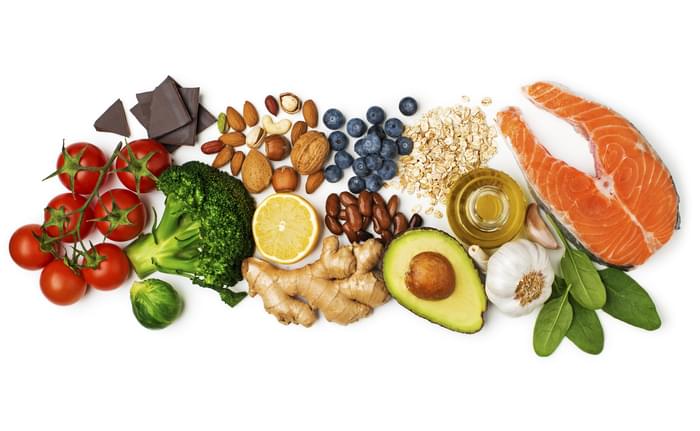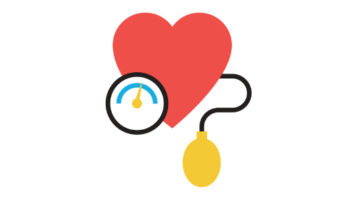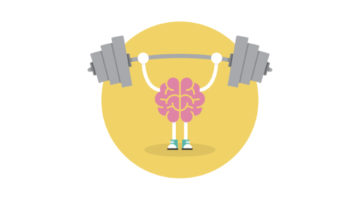
A growing number of studies over the last decade are showing a healthy diet can help to prevent depression. And for those with depression, diet has the potential to improve symptoms.
Kathy McManus MS, RD, LDN, director of the Department of Nutrition at the Brigham, says she and her team of five nutritionists often recommend the Mediterranean diet as a healthy eating pattern for many reasons.
“This diet involves eating more fruits, vegetables, extra-virgin olive oil, nuts, whole grains, and legumes, and less unhealthy snacks and red meat,” she says. “It has many benefits, including reduced risk for cardiovascular disease, diabetes, and potentially depression.”
McManus says the advice she gives patients is influenced by studies published in a variety of journals, including those focused on gerontology, nutrition, and psychiatry.
“One study showed those who closely follow the Mediterranean diet are about 33% less likely to develop depression than those not following it,” she says. “Another study looked at people with depression who adopted the Mediterranean diet. After three months, they noted a significant improvement in how they felt versus those that didn’t follow this eating plan.”
As people change their diets, McManus suggests measuring progress. “Take inventory of what you’re currently eating and in three months look again,” she says. “What’s the quality of foods you’re consuming? Do you feel like you have more energy?”
For those interested in trying the Mediterranean diet, there are simple steps to begin. For example, she says, “Use olive oil in place of butter. Begin or end your meal with a salad. Try fruit for dessert.”
While evidence between nutrition and depression is mounting, McManus says there is more to learn.
“People are becoming more aware of diet-mind connection,” she says. “We’re still studying and trying to understand it.”











